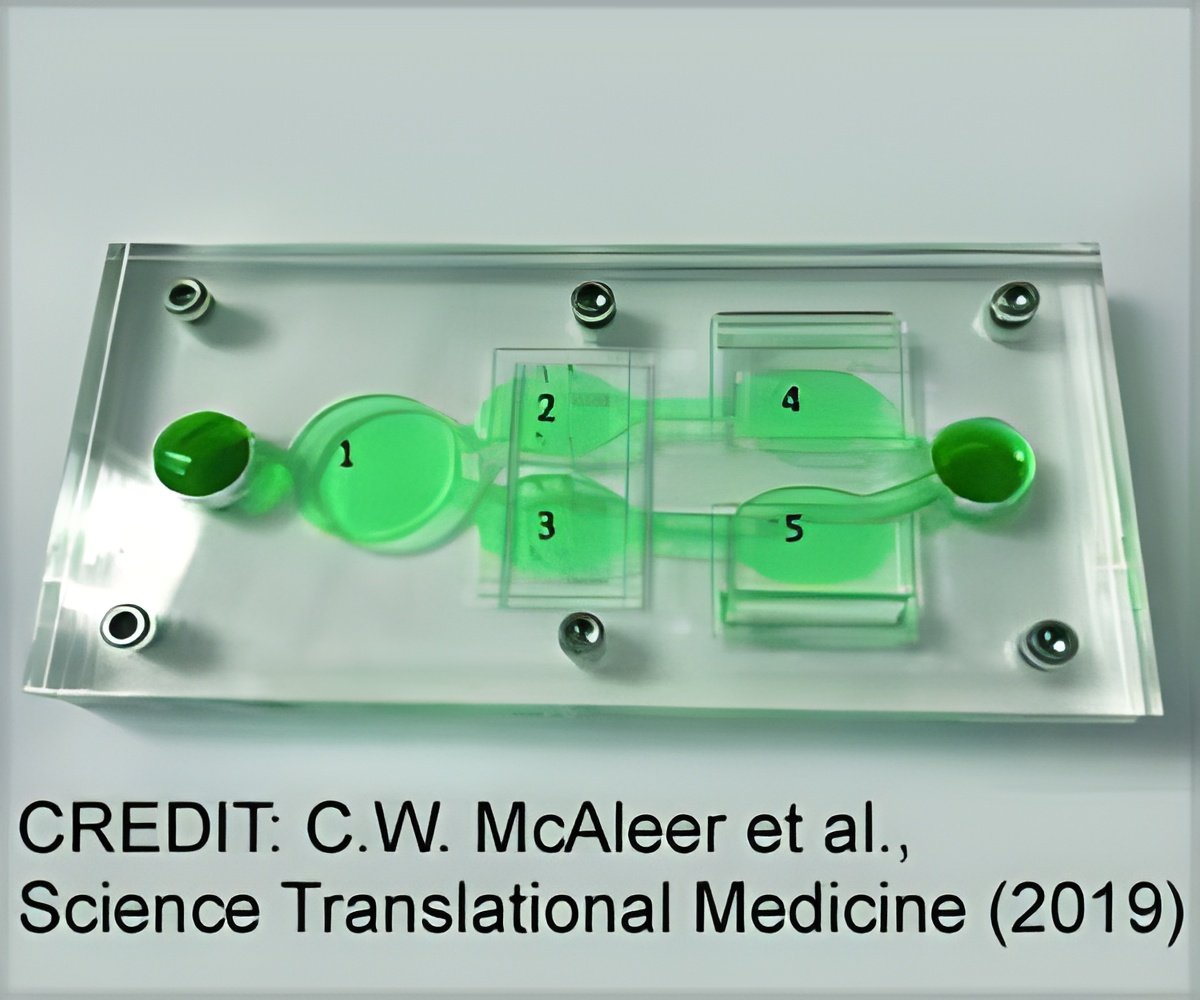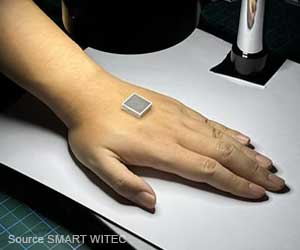In vitro 3-D cardiac tissue platform, a heart-on-a-chip predicts human heart’s response to a wide range of drugs that has been difficult preclinically.

TOP INSIGHT
Using the cardiac engineered tissue, drug development companies will be able to find out the human response to drugs earlier in the drug development cycle
Read More..
Cardiac toxicity is responsible for almost half of new medicine recalls. Regulations mandate that new drugs undergo a rigorous cardiac safety assessment before human testing, but predicting how human hearts will respond to potential drug toxicity has been difficult. Traditional in vitro systems and animal models do not fully capture the physiology of the human heart.
Human induced pluripotent stem cells (iPSCs) hold great promise as a foundation to bridge the human translation gap. However, experimental models which rely on iPSCs alone lack relevant physiological hallmarks and drug responses seen in human heart muscle.
TARA leverages the power of iPSCs and subjects them to a rigorous maturation process on its patented Biowire™ II system, producing 3D human cardiac tissues called Cardiotype™ tissues. In a study published earlier this year in Cell, TARA scientific founders validated the ability of the Biowire™ II platform to create physiologically relevant human cardiac tissues. Unlike models that rely solely on iPSCs, researchers can measure the force with which Cardiotype™ tissues contract, which better reflects human heart physiology by offering a measure of how well the heart can pump blood. The research also showed how the platform could be used to model different heart diseases by using iPSCs from patients.
In the current study, researchers from GSK worked with TARA to select a panel of clinically relevant drugs with known efficacy and toxicity profiles in the heart, for screening in the Cardiotype™ platform. These drugs, and their concentrations, were chosen to assess the predictivity of the Cardiotype™ assay in comparison to current methods for preclinical drug screening in pharmaceutical R&D.
"At TARA we are proud to tackle cardiac safety in a meaningful way that will ultimately improve the quality of new medicines delivered to patients," said Misti Ushio, PhD, Chief Executive Officer of TARA Biosystems. "By using TARA's cardiac engineered tissue, drug development companies are able to obtain human relevant data earlier in the drug development cycle."
 MEDINDIA
MEDINDIA




 Email
Email




